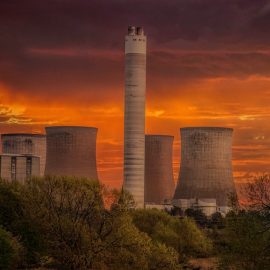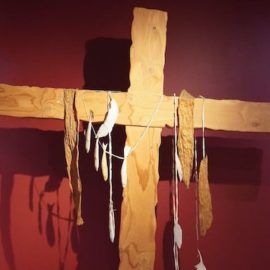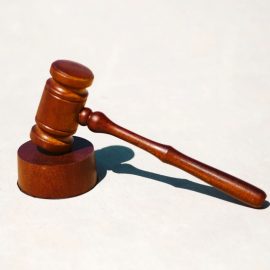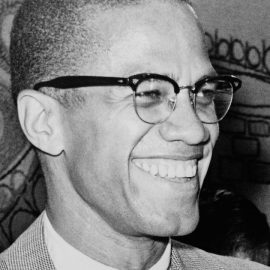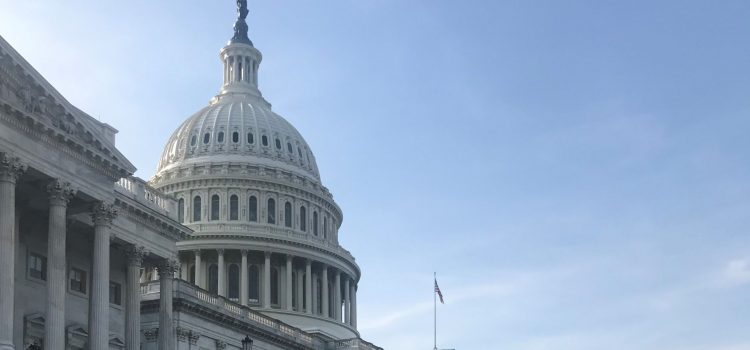
Was January 6th an insurrection or not? Why were people rioting at the Capitol?
January 6th was most likely an insurrection in that a group tried to overthrow democratic election results through violence. To understand why this happened, look at Donald Trump’s response to losing the election.
Read more to see why January 6th might be considered an insurrection and why it happened.
Donald Trump’s Defeat and Refusal to Concede
Was January 6th an insurrection? To answer that question, it’s important to look at the underlying causes for the riot. After a close race, the major networks declared Joe Biden the winner after he secured wins in the key battleground states of Arizona and Georgia. However, Trump found defeat impossible to accept. Trump and his team refused to accept the results, claimed the election was stolen, and they initiated efforts to reverse the results. Their plan was to have Republican-dominated state legislatures in swing states send alternate slates of electors to Congress.
(Shortform note: It’s worth briefly explaining how the Electoral College works. In the US, the President isn’t directly elected by the popular vote, but rather through the Electoral College. Each state is assigned a certain number of electoral votes based on its representation in Congress. When voters cast their ballots, they’re essentially voting for a slate of electors chosen by their state, who, in turn, pledge to support the popular vote winner in that state. After the November election, the electors meet in their respective states to cast their votes for president and vice president. The results are then sent to Congress to be counted and certified.)
If alternate electors were submitted to Congress, the Trump team hoped to create controversy about the “true” results and stall the certification of Biden’s victory. They hoped this would throw the election to the GOP-dominated Supreme Court. However, the legal and political strategy failed—the Trump team’s various legal challenges suffered near-universal defeat in state and federal courts.
(Shortform note: Despite Trump’s legal defeats and his inability to prove any allegations of election fraud, a significant portion of Americans continue to believe that the outcome of the 2020 election was fraudulent. According to an NBC News poll, nearly one-third of Americans still harbor doubts about the legitimacy of the election results, indicating a sustained level of skepticism several years after the election. Notably, among those polled, a majority of Republicans expressed doubts about the fairness of the election, while Democrats overwhelmingly trusted the legitimacy of the results. These findings reveal that the narrative of election fraud, perpetuated by some political figures, has had a lasting impact on public perception.)
January 6, 2021: Riot at the US Capitol
Haberman writes that on January 6, 2021, a large rally of Trump supporters gathered outside the Capitol. In the days leading up to the rally, Trump had encouraged people to attend and demanded that they insist Congress overturn the results of the election. He also put forward a theory that Vice President Pence had the authority to discard the Electoral College votes and install Trump as President for a second term. Pence had no such authority and refused to do so. When word spread that Pence hadn’t done as Trump and his supporters wished, the crowd became angry and menacing.
(Shortform note: Trump’s theory stemmed in part from the ambiguity in the original Electoral Count Act of 1887. The law lacked explicit guidance for how to handle objections to electoral votes raised by members of Congress, how these debates should unfold, and the criteria to be used to determine the validity of objections—an ambiguity Trump was able to exploit. A reform to the law, passed in 2022, seeks to prevent the kind of uncertainty witnessed during the certification of the 2020 election.)
The Riot Unfolds
By the afternoon, the crowd outside the Capitol turned violent and began overwhelming the Capitol Police and breaching the Capitol Building’s security. Some rioters were armed and organized and had affiliations with right-wing paramilitary organizations. Chants calling for the hanging of Pence echoed through the crowd—with the erection of a gallows on the Mall standing as a chilling symbol of this sentiment.
As the rioters stormed the Capitol, congressional leadership was forced to evacuate, fearing for their safety. The rioters rampaged through the building, causing extensive property damage and defacing its halls. Five people lost their lives during the chaos, including a Capitol Police officer. In the aftermath, hundreds of individuals were charged in connection with the insurrection, as authorities sought to hold those responsible accountable for their actions.
| Intelligence Failures in the Lead Up to the Attack One analysis contends that law enforcement agencies experienced catastrophic intelligence failures that prevented them from stopping the attack. A 2023 report by Senator Gary Peters (D) identifies significant intelligence failures by the FBI and DHS leading up to the January 6th Capitol attack. The report highlights deficiencies in the agencies’ handling and dissemination of intelligence related to the threat of violence on that day. Despite possessing credible information about potential violence, the intelligence community failed to issue a comprehensive threat assessment. According to the report, there were lapses in communication and coordination among different intelligence entities, preventing a holistic understanding of the potential risks. It criticizes the delay in sharing crucial information and the failure to connect disparate pieces of intelligence, hindering the ability to foresee the severity of the impending threat. The report also raises concerns about the lack of adequate preparation and response by law enforcement agencies, including the Capitol Police. It underscores the need for improved intelligence-sharing processes, better training for law enforcement personnel, and enhanced coordination to prevent similar intelligence failures in the future. |

